Columbia Business Magazine: "Closing the Climate Knowledge Gap"
by Jonathan Sperling

by Jonathan Sperling

The YEARS Project mini-documentary

While the OBBBA guts renewable energy incentives, undercuts US manufacturing, and hands a long-term advantage to China, economics will continue to drive clean energy growth.
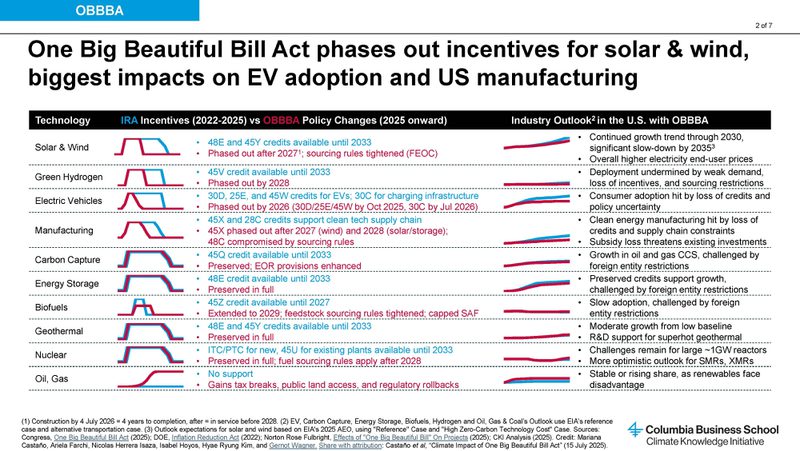
The YEARS Project mini-documentary
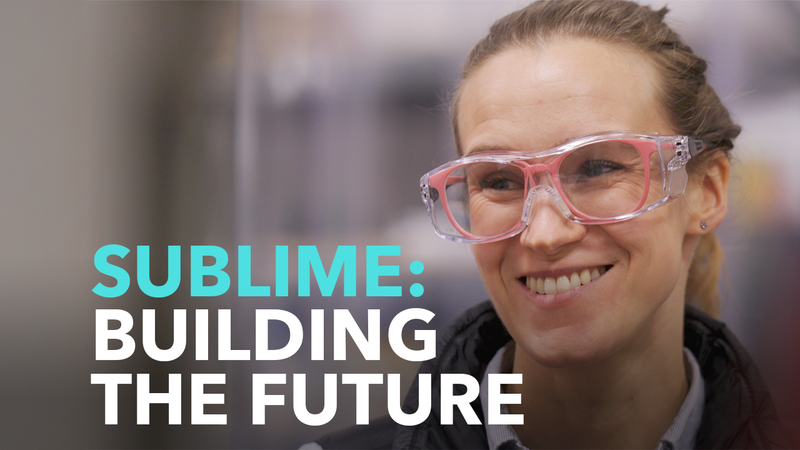
Interview mit Simon Schmid



Financial Times business school teaching case study
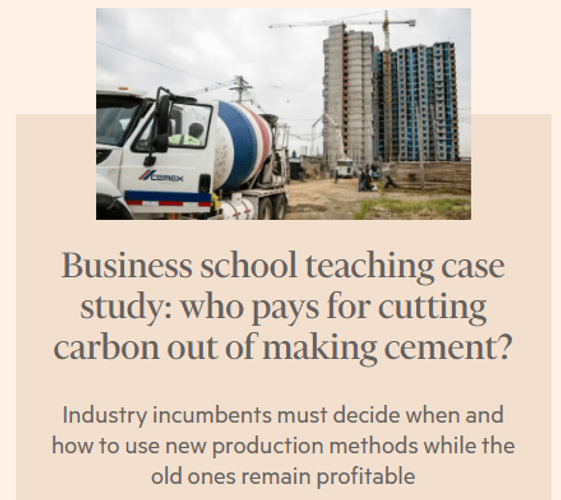
by Charli Shield & Sam Baker

Conversation with Chris Levesque, CEO of TerraPower
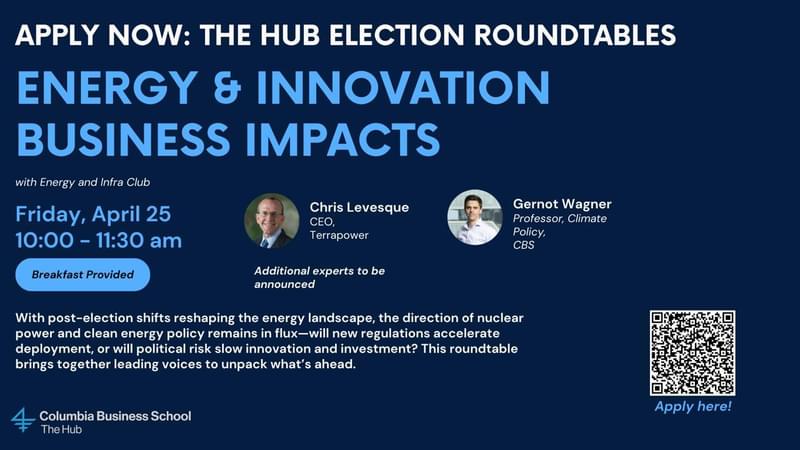
by Charli Shield & Sam Baker

During Columbia Business School’s Earth Week, Professors David Schizer and Gernot Wagner explored how climate and national security priorities can accelerate the transition to clean energy.

Columbia SIPA


Financial Times business school teaching case study
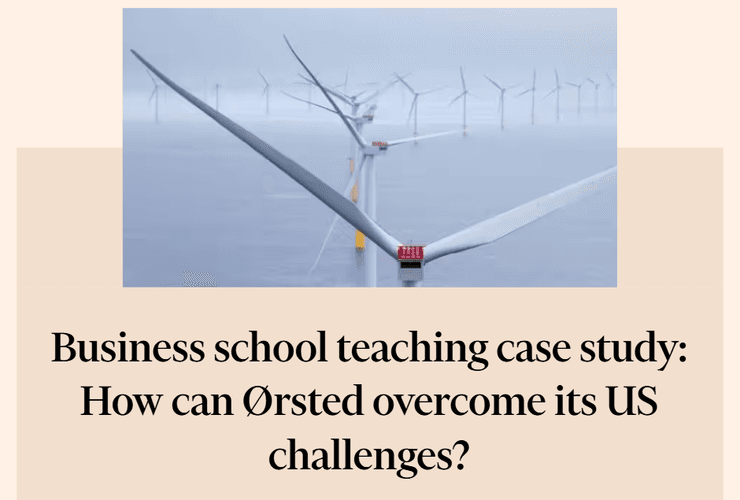
Although US President-elect Donald Trump and his fellow Republicans give climate advocates plenty to worry about, all hope is not lost. Clean-energy technologies still have decisive physical advantages over the alternatives, and economic common sense will eventually win out.
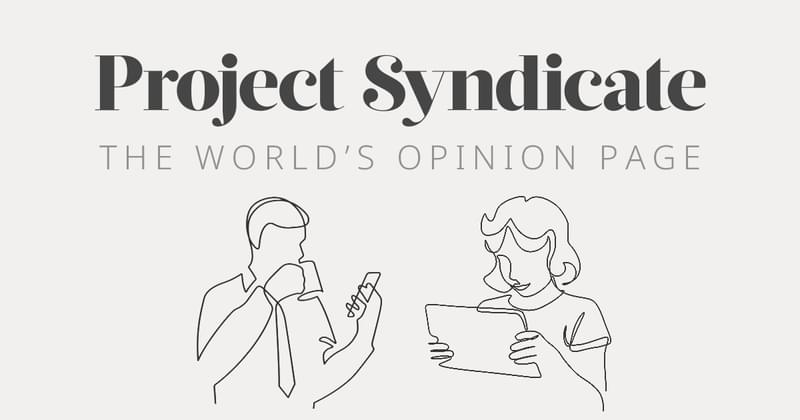
On climate and especially environmental policy, the return of Donald Trump to the White House is clearly bad news. But the outlook is uncertain, because Trump has sent mixed signals about the kinds of policy changes he might pursue, and it remains to be seen what effect he can have on broader technological and market trends.


by Ajit Niranjan

Economists have long insisted that the only way to cut emissions of carbon dioxide and other greenhouse gases rapidly and at scale is to put a price on them. But while that is true, the key to a successful, politically sustainable climate policy is to ensure that the benefits precede the costs.
